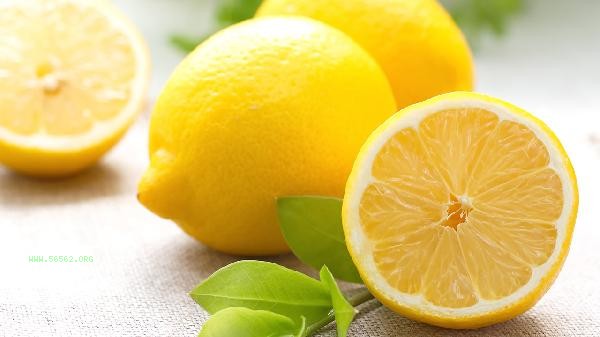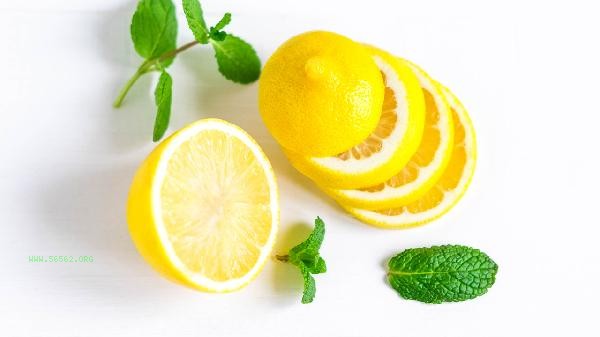The pointed or round shape of lemon has little effect on its nutritional value and taste, and the choice mainly depends on its use and personal preference. Pointed lemon usually has thin skin and more juice, making it suitable for juicing, while round lemon has thick flesh and is more suitable for slicing and eating. The peel of pointed lemon is thin and smooth on the surface, the texture of the flesh is delicate, the juice content is high, and the sour taste is rich and concentrated. This type of lemon has a high juice yield when extracting juice, making it suitable for making lemonade, sauces, or cocktails. Its sharp top structure makes the pulp fibers more compact, with slightly higher levels of vitamin C and citric acid, but the difference is not significant. When purchasing, pay attention to choosing fruits with tight and glossy skin to avoid juice loss due to prolonged storage.

Round headed lemon has a plump and symmetrical fruit shape, with a relatively thick skin but richer aroma substances, making it suitable for direct slicing for beverage decoration or cooking to enhance flavor. A thicker skin makes it more resistant to storage, and the flesh fibers are thicker but balanced in sweetness and sourness, making it suitable for making lemon preserves or baking ingredients. This type of lemon is not easily damaged during transportation, and the essential oil components in the skin are more suitable for making cleaning agents or aromatherapy products. When selecting, it is best to choose those with heavy weight and no dents on the surface.

Daily consumption can be flexibly selected according to needs. Half a pointed lemon per day can meet vitamin C requirements, and two slices of round lemon are sufficient for seasoning. It is recommended to wrap and refrigerate with plastic wrap during storage to avoid contact with other odorous foods. Special populations such as those with excessive stomach acid should control their intake and dilute it with warm water to reduce gastrointestinal irritation. Regardless of the shape, organically grown lemons have a thinner wax layer on their skin, and washing them with salt before consumption can effectively remove pesticide residues.










Comments (0)
Leave a Comment
No comments yet
Be the first to share your thoughts!